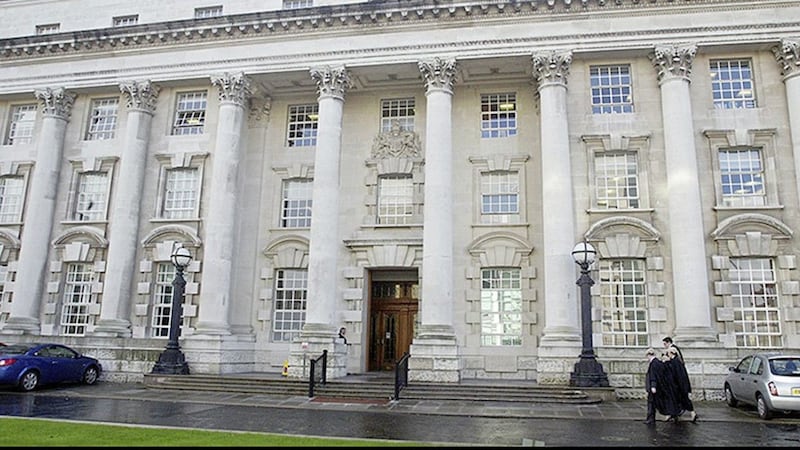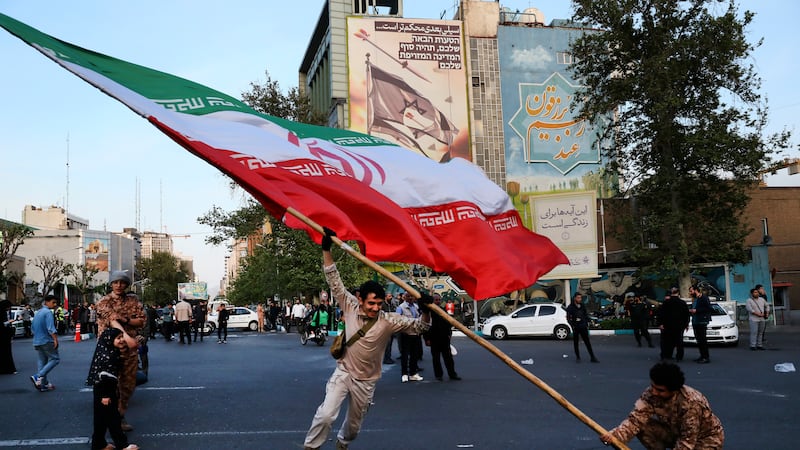ONE of 14 men allegedly tortured during internment was bitten by a soldier's dog and had to drink from the animal's dish, the High Court heard yesterday.
School caretaker Sean McKenna was also slammed into concrete posts and made to go barefoot after being taken from his Newry home in August 1971, it was claimed.
Lawyers for his daughter argued that the interrogation techniques "ruined" him and worsened a heart condition that led his death four years later at the age of 45.
Mary McKenna is taking legal action along with other surviving members of the so-called Hooded Men in a bid to secure an independent and human rights-compliant investigation into their treatment.
Proceedings have been issued against the Chief Constable, Secretary of State and the Department of Justice over alleged failures to properly probe and order a full inquiry.
Counsel for the group claim they were tortured using methods sanctioned by the British State.
Former British Prime Minister Edward Heath was allegedly involved in the decision making process, while Stormont's Prime Minister at the time, Brian Faulkner, was said to have been personally briefed on the deployment of the methods.
Ms McKenna's legal representatives argued that her case also raises a potential breach of Article 2 right to life under European law.
The court heard she was 14-years-old when her father and brother were both taken from their house by British soldiers.
In a statement she recalled how when he returned home 10 days later he was "a very broken man".
Reading from her affidavit, barrister Karen Quinlivan QC said: "He was sitting crying and was very shaky.
"I remember him telling me that he had been hooded and handcuffed to a British solider who had an Alsatian dog with him.
"He told me that the dog had been allowed to bite him and that he had been required to drink from the same dish as the dog."
His internment ended in May 1972, when he was released on medical grounds to enter a psychiatric hospital.
But the impact of being subjected to the five techniques caused his psychiatric break-down, according to his daughter.
Mr McKenna died of a heart attack in June 1975.
The medical evidence, Ms Quinlivan submitted, backs allegations that the torture was responsible for death as well as psychiatric injuries.
Ms Quinlivan also questioned whether the PSNI has ever properly probed what went on.
Tony McGleenan QC, for the Government and Chief Constable, pointed out that in 1978 the European Court of Human Rights held that the techniques constituted inhuman and degrading treatment - but fell short of torture.
The court also heard civil actions brought against the State by all 14 men were settled in the 1970s, with compensation paid out.








